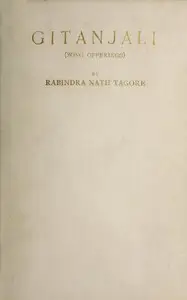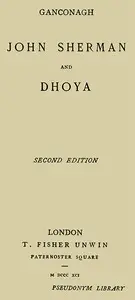"The Spirit of Japan" by Sir Rabindranath Tagore is a thought-provoking lecture composed in the early 20th century. This book offers Tagore's reflections on Japanese culture and civilization, as he shares his observations and philosophical insights acquired during his time in Japan. The work serves as both a cultural critique and a celebration of the essence of Japan, especially in light of its encounters with Western modernization. In "The Spirit of Japan," Tagore explores the profound connection the Japanese people have with nature and the aesthetic beauty embedded in their daily lives. He emphasizes the importance of emotional and spiritual bonds, arguing that Japan's greatness lies not in its material accomplishments but in its ability to harmonize with the natural world. Tagore warns against the encroaching influence of Western modernization that threatens to overshadow Japan's inherent values and beauty. He advocates for a recognition of the deeper spiritual truths that underpin Japanese civilization, urging the nation to preserve its unique cultural identity in the face of a rapidly changing world. Through this lecture, Tagore presents a compelling argument for protecting the moral essence of humanity amidst the superficial pursuits of modernity. (This is an automatically generated summary.)

The Spirit of Japan
By Rabindranath Tagore
"The Spirit of Japan" by Sir Rabindranath Tagore is a thought-provoking lecture composed in the early 20th century. This book offers Tagore's reflecti...
Rabindranath Tagore was a Bengali poet, writer, playwright, composer, philosopher, social reformer, and painter of the Bengal Renaissance. He reshaped Bengali literature and music as well as Indian art with Contextual Modernism in the late 19th and early 20th centuries. Author of the "profoundly sensitive, fresh and beautiful" poetry of Gitanjali, in 1913 Tagore became the first non-European and the first lyricist to win the Nobel Prize in Literature. Tagore's poetic songs were viewed as spiritual and mercurial; where his elegant prose and magical poetry were widely popular in the Indian subcontinent. He was a fellow of the Royal Asiatic Society. Referred to as "the Bard of Bengal", Tagore was known by the sobriquets Gurudeb, Kobiguru, and Biswokobi.


















